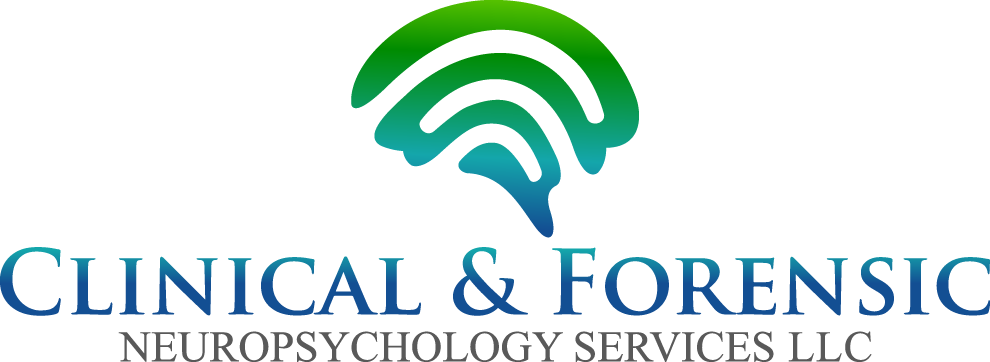Clinical & Forensic Neuropsychology Services of Mississippi (CFNS) is a provider of psychological and neuropsychological evaluations in metropolitan Jackson, Mississippi. The practice is owned by Dr. Heath Gordon, a licensed psychologist, and board-certified clinical neuropsychologist.
Dr. Gordon specializes in the neuropsychological evaluations of psychological, emotional, and cognitive conditions in adults. He also provides assessment and psychotherapy options for various conditions, including post-traumatic stress disorder (PTSD).
At CFNS, we accept clinical and forensic referrals from across Mississippi and surrounding states.
Is PTSD Neurological or Psychological?
Post-traumatic stress disorder is an anxiety-related disorder that may develop as a result of a traumatic or life-threatening event. Symptoms of PTSD can become debilitating and affect your daily functioning. Individuals with PTSD may have some or all of the common symptoms, including anxiety, depression, flashbacks, nightmares, intrusive thoughts, hypervigilance, and dissociative experiences.
After experiencing or witnessing a traumatic event, many people may have difficulty adjusting and coping for some time. However, they often recover from the trauma over time and the severity of the symptoms diminish. Unfortunately, some can worsen after the event, or the symptoms seem to last for a prolonged period of time. When anxiety, hypervigilance, and reliving the experience persist and interrupt your daily functioning, you may be suffering from PTSD.
Some research suggests those who have PTSD are likely to have changes in their brain that can lead to maladaptive reactions. Various studies also have shown that suffering a traumatic experience can lead to structural changes in the brain. These neuropsychological alterations caused by trauma could lead to a physical, emotional, and social decline. As a result, a person’s behavior and lifestyle may be changed in different ways.
Can PTSD Cause Neuropsychological Problems?
Someone suffering from PTSD may exhibit symptoms of the disorder for months or even years without appropriate care. They may experience having an exaggerated startle response and increased stress and fear of certain events or situations. They also may wonder if the emotional trauma could have caused brain damage.
Research suggests PTSD can affect certain areas of the brain and alter function differently than before the traumatic event happened but that those changes can improve. Three parts of the brain suggested to be affected are the amygdala, hippocampus, and prefrontal cortex. These three areas all have a role in your response to fear and in regulating emotions. When there are structural changes to these areas and changes to brain functioning, you may struggle with repeating limited coping responses such as isolation, anger, or fear.
Can a Neuropsychologist Diagnose PTSD?
A neuropsychologist can diagnose PTSD. Because individuals with PTSD can exhibit differences in behavioral and neuropsychological functioning, it is a disorder that may be identified by psychologists and neuropsychologists alike. Many people with PTSD complain of problems with attention, concentration, and memory. There also is some evidence to suggest PTSD is associated with decreased learning and memory performance in individuals with PTSD compared to people without it.
Neuropsychological evaluations, like those conducted by Dr. Gordon, can help to identify current symptoms and abilities to determine if there are differences in how your brain works in various areas compared to others with PTSD or other conditions.

